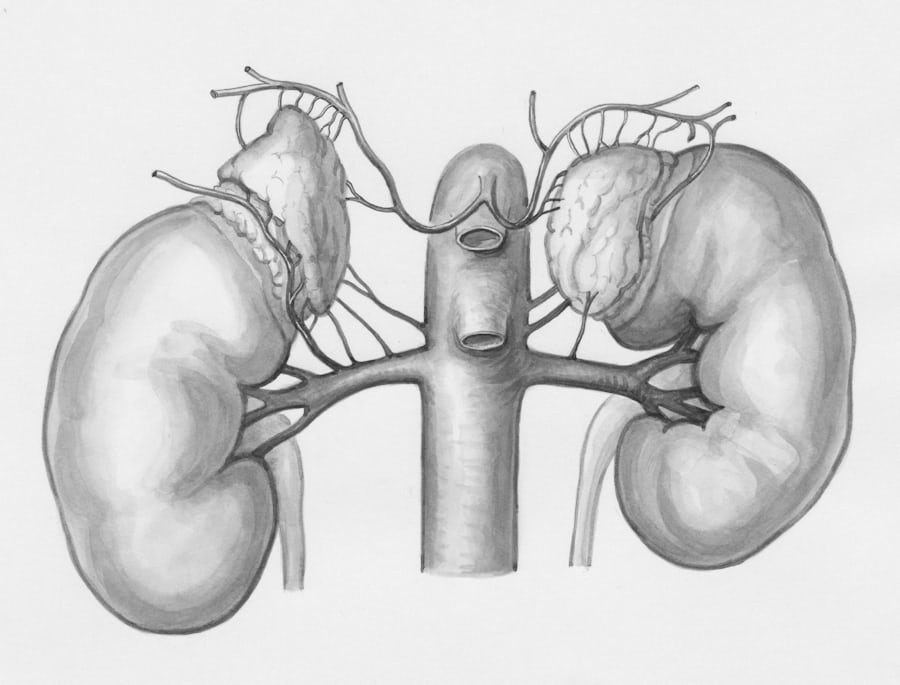Halting Kidney Stones: A Proactive Guide to Prevention
Kidney stones, crystalline deposits that form in the kidneys, can cause excruciating pain and lead to further health complications. While some individuals are more genetically predisposed to their formation, a combination of proactive lifestyle and dietary modifications can significantly reduce the risk of developing these painful stones. The cornerstone of prevention lies in adequate hydration and mindful eating habits.
Hydration: The Primary Defense
The single most crucial factor in preventing kidney stones is staying well-hydrated. Ample fluid intake dilutes the concentration of stone-forming minerals in the urine, making it less likely for crystals to form and bind together.
Key Recommendations:
Aim for 2 to 3 liters of fluid daily. This is equivalent to approximately 8 to 12 standard glasses. A good indicator of adequate hydration is consistently pale yellow or clear urine.
Water is best. While other beverages like tea and coffee can contribute to your fluid intake, water remains the optimal choice.
Citrus power. Incorporating lemon or lime juice into your water can be particularly beneficial. The citrate in these fruits is a natural inhibitor of calcium oxalate stone formation, the most common type of kidney stone.
Drink consistently throughout the day. Don’t try to consume all your fluids at once. Spreading your intake helps maintain a diluted urine concentration.
Increase fluid intake in hot weather or during exercise. You’ll need to compensate for fluid loss through sweat.
Dietary Adjustments: A Strategic Approach
What you eat plays a significant role in the formation of kidney stones. Depending on the type of stone you are prone to, specific dietary changes can be highly effective.
General Dietary Guidelines:
Reduce Sodium Intake: A high-salt diet can increase the amount of calcium in your urine, a key component of many kidney stones. Aim for less than 2,300 milligrams of sodium per day. Be mindful of processed foods, canned goods, and fast food, which are often high in hidden sodium.
Moderate Animal Protein: Excessive consumption of animal protein, including red meat, poultry, and fish, can increase uric acid levels and decrease urinary citrate, creating an environment conducive to stone formation.
Ensure Adequate Calcium from Food: Contrary to a common misconception, a diet low in calcium can actually increase the risk of developing kidney stones. Calcium from food sources binds with oxalate in the intestines, preventing it from being absorbed and excreted in the urine where it can form stones. Good sources include dairy products, fortified non-dairy milks, and leafy greens. However, be cautious with calcium supplements, and consult your doctor before taking them.
Limit Oxalate-Rich Foods: For those prone to calcium oxalate stones, moderating intake of high-oxalate foods is advisable. These include spinach, rhubarb, beets, nuts, chocolate, and tea. Pairing these foods with a calcium-rich food can help mitigate the risk.
Lifestyle Modifications for Long-Term Prevention
Beyond diet and hydration, certain lifestyle habits can contribute to a reduced risk of kidney stones.
Key Lifestyle Changes:
Maintain a Healthy Weight: Obesity is a known risk factor for kidney stone development.
Regular Exercise: Physical activity can help regulate blood pressure and reduce the risk of stone formation.
For individuals with a history of kidney stones, it is crucial to work with a healthcare provider to determine the specific type of stone and receive personalized prevention strategies. In some cases, medication may be prescribed in addition to lifestyle and dietary changes. By adopting these proactive measures, you can significantly lower your chances of experiencing the painful ordeal of kidney stones.


